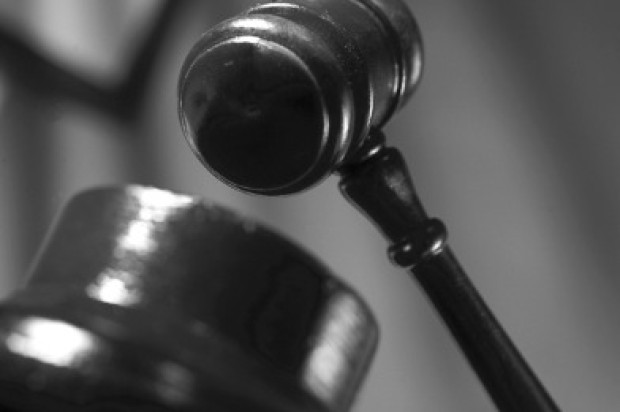
The California Supreme Court ruled in San Francisco today that prosecutors are not obligated to look through police personnel files to determine whether there is unfavorable information about an officer who may be a witness in a criminal trial.
Instead, the court said, either the defense or the prosecution can file a motion asking the trial judge to make such a determination.
“We conclude that the prosecution does not have unfettered access to confidential personnel records of police officers who are potential witnesses in criminal cases,” Justice Ming Chin wrote in the court’s unanimous decision.
The ruling, made in a pending San Francisco case, concerns the application of a 1963 U.S. Supreme Court ruling that requires prosecutors to disclose information that may be favorable to the defense.
Such information is known as Brady material, after the name of the 1963 case. In a criminal prosecution in which a police officer may be a witness, Brady material could potentially include evidence of misconduct from the officer’s normally confidential file.
San Francisco is one of about a dozen California counties, also including Alameda and Santa Clara counties, that have established a procedure using a police department committee to inform prosecutors whether an officer’s file contains potential Brady material.
Under that procedure, prosecutors receiving notice of potential material can then ask a trial judge to review the file to decide whether information must be revealed.
In the case before the state high court, defendant Darryl Johnson was accused of hitting an underage girl in the head in San Francisco 2012.
In accordance with the procedure established in San Francisco, the police committee informed the prosecutor that the two investigating officers’ files contained potential Brady material, and the prosecutor then asked the trial judge to review the files.
But both the trial judge and a state appeals court in San Francisco said prosecutors should look directly at the officers’ personnel files before going to court. The San Francisco Police Department then appealed to the California Supreme Court.
The lower court rulings in the San Francisco case conflicted with decisions in which two other appeals courts in Los Angeles and San Diego said prosecutors should not be allowed access to confidential police files.
Today’s high court decision resolves the conflict by overturning the San Francisco appeals court ruling and upholding the city’s procedure.
The court said that if the committee tells prosecutors there is potential Brady material in a police file, prosecutors must tell the defense and then either side can ask the trial judge for review. In addition, defense attorneys can independently ask for a court review on the basis of their own investigation.
“The defense can seek the information at least as well as the prosecution can,” Chin wrote.
The court said the procedure set by the San Francisco Police Department was “laudably established,” but did not say whether counties lacking such procedures are required to establish them.
The court left that issue as “an unanswered question,” said Deputy City Attorney Jeremy Goldman, who argued before the court on behalf of the Police Department.
San Francisco Public Defender Jeff Adachi said in a statement, “We are pleased with the outcome of (the case) as it ensures that an accused will have access to materials relevant to the credibility of a police officer, including misconduct.
“The procedure that the court endorsed allows the trial court to determine whether there is evidence in the police officer’s file that the defense is entitled to, and if so, (the trial court) will order the police department to provide that material to us,” Adachi said.
Deputy Public Defender Chris Gauger said Johnson’s case will now return to Superior Court for further proceedings.
Julia Cheever, Bay City News









